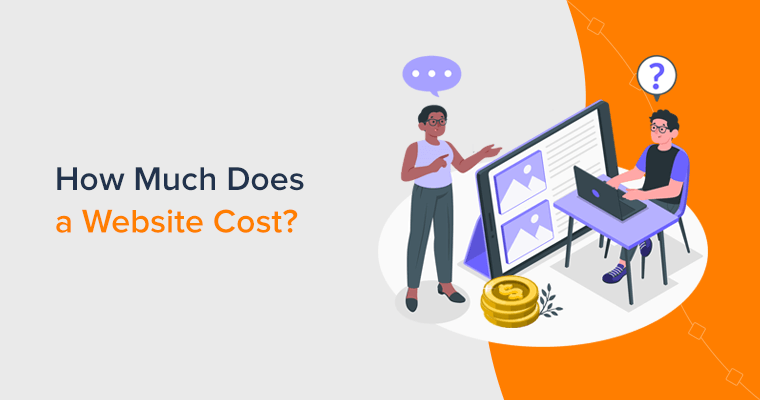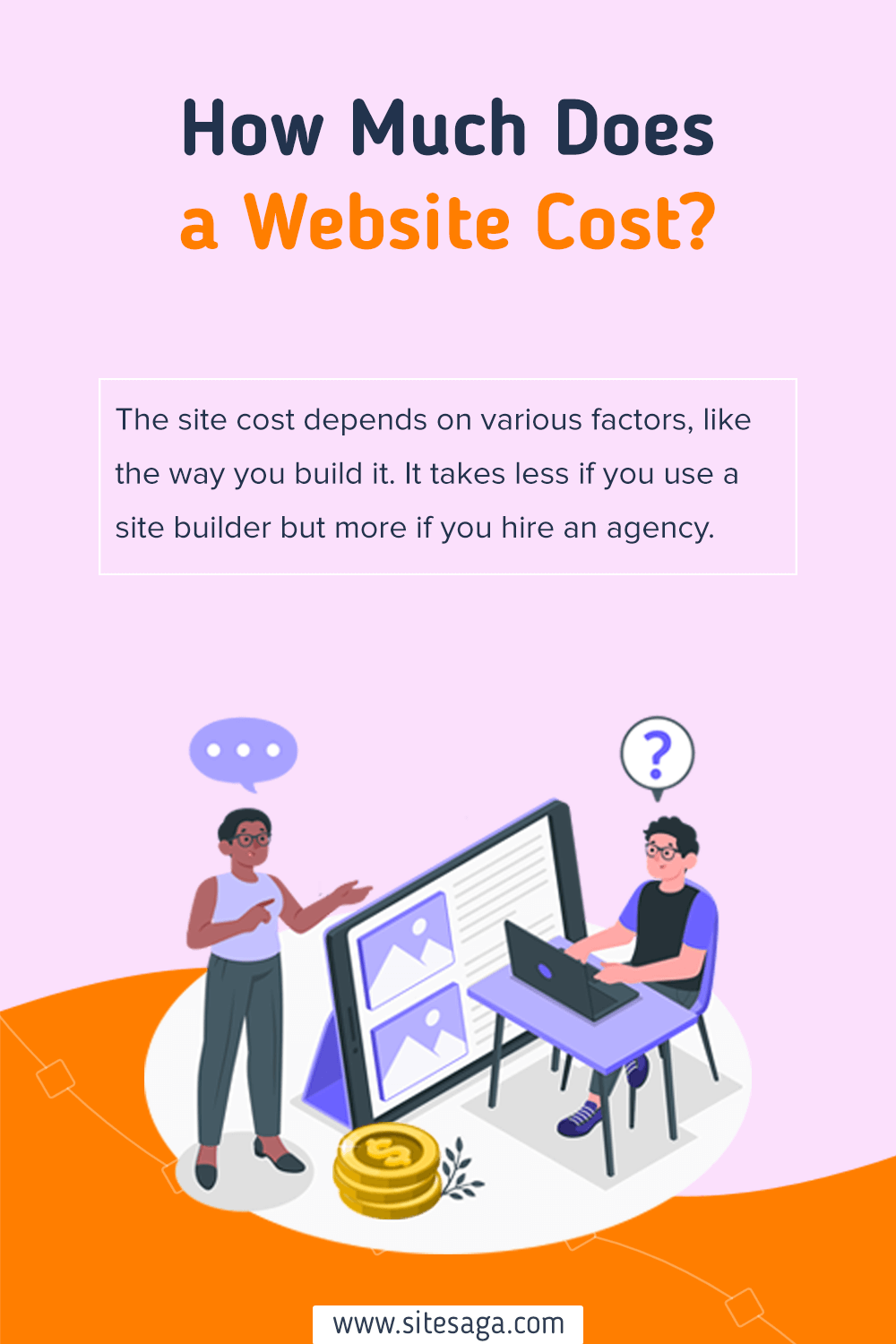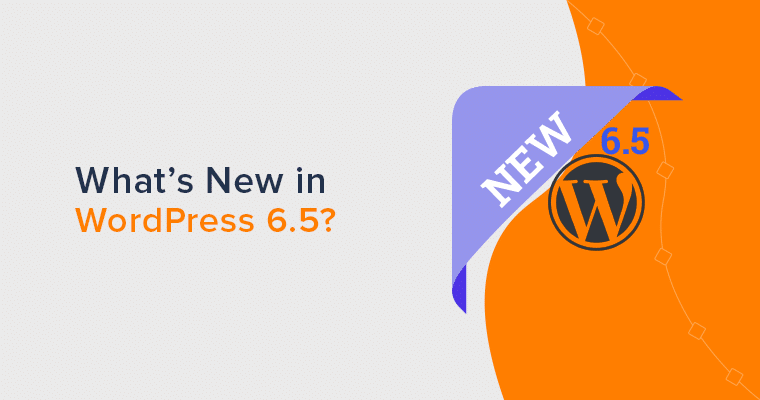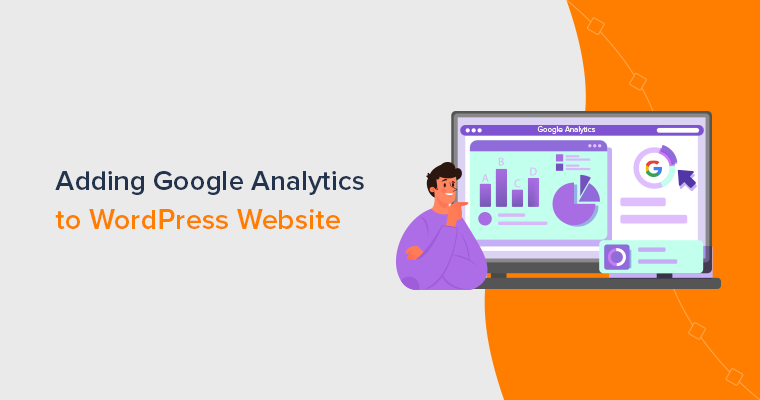How much does it cost to build a website? If you want to create an online presence, then that’s probably the first question that comes to mind. If yes, then stay right here!
There are billions of websites on the web across the world. And thousands of new sites are built every day. With the growing popularity of websites, you may also want to make one of your own. Right?
But before starting, you should estimate the website cost. And the exact cost of building a site depends on many factors. Most importantly, on the type of way you choose to make it.
In this guide, we’ll be helping you to know the cost of creating a site. So, go through the factors and scenarios to estimate the site cost. Also, we’ve added tips to save you money.
So, let’s get rolling!
What are the Factors that Affect the Cost of Creating a Website?
Everyone has different goals and requirements when creating a site. So, you can’t measure the exact website cost. However, we can estimate the cost based on the factors that affect it and plan accordingly.
Moreover, many factors determine the expected cost range of building a website. And here, we’re going to learn those vital factors. With that, you can estimate how much cost it may take for your website.
So, here we go!
1. Website Niche
The first thing you do when creating a site is decide the type of site you want. Depending on the website niche, the overall site requirements differ. And that changes the price value.
Some popular kinds of websites that you can build are:
- eCommerce website – To sell your product items
- Business website – That shares your business information
- Blog site – Lets you regularly post articles on various topics
- Personal site – To share your ideals and interests
- Portfolio website – Shows your experience and skills for work opportunities
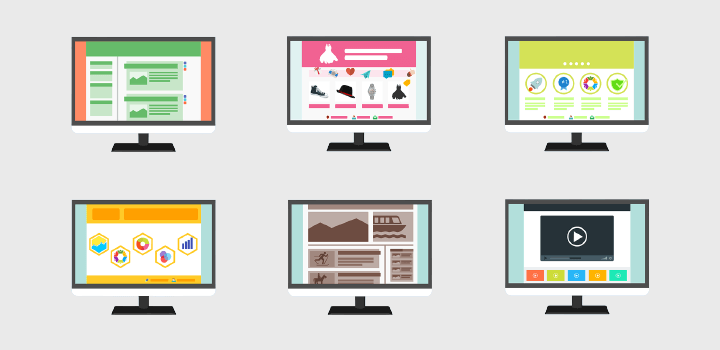
On top of that, every kind of website can be of different sizes. The size of your website niche also plays a crucial factor in determining the site cost.
For example, creating an eCommerce website with more than 500 pages needs significant time and effort. Accordingly, you’ve to pay more for web development services.
In contrast, a personal website usually contains just a handful of pages. Hence, you’ll need a small fraction of that money to set up a personal site.
The table below shows a rough estimation of site cost based on site niche and size to illustrate the difference. Let’s see!
| Type of Website | Estimated Web Design Cost |
| Small Business Website (8 to 16 pages) | $2000 to $9000 |
| Large Business Website (25 to 75 pages) | $10000 to $35000 |
| eCommerce website (100 to 1000 products) | $5000 to $55000 |
Learn about the different site niches from our blog on the most popular types of websites.
2. Your Website Building Way
Basically, there are 4 major ways to create a website. You can select your approach based on your knowledge, skills, experience, and requirements. And the site cost highly depends on your chosen way. The methods are:
| Method | Short Description |
| Using WordPress.org | The simplest way of creating a site yourself that has the utmost flexibility. You can start your site for free. |
| Choosing a website builder | Another simple method of site creation. But most site builders charge you to get started. Some site builders are WordPress.com, Wix, etc. |
| Hiring a freelance web developer or a web development agency | Ideal for big projects with a good budget. It costs more than any other way to create a website. |
| Coding yourself | For the expert web developers to create the site from scratch. |
3. Site Essentials
The fundamental requirements to set up a website are:
- A domain name,
- A web hosting plan, and
- An SSL (Secure Socket Layer) certificate.
Now, let’s learn about them briefly.
Domain Name
A domain name is the unique identifier or address of a website. For example, the domain of our website is ‘sitesaga.com’.

A free site builder plan may give a branded domain. For instance, ‘examplesite.weebly.com’ is the default domain name of Weebly. While paid site builder plans let you buy their custom domain. It may be free for 1 year, then you’ll have to renew it each year.
On the other hand, domain registrars also offer custom domain registration services. Based on your needs, you can get a domain when using any site-building method. For example, the price of a .com domain in Namecheap costs $5.98/year.
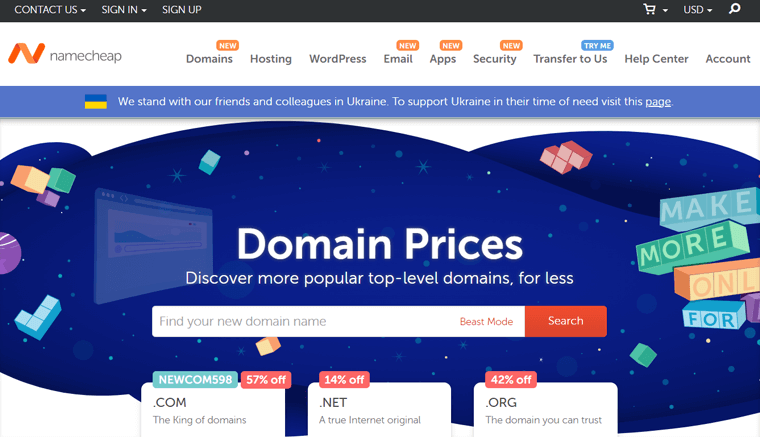
Web Hosting
A web hosting platform gives server space to store your website files. Moreover, it makes your site accessible online.
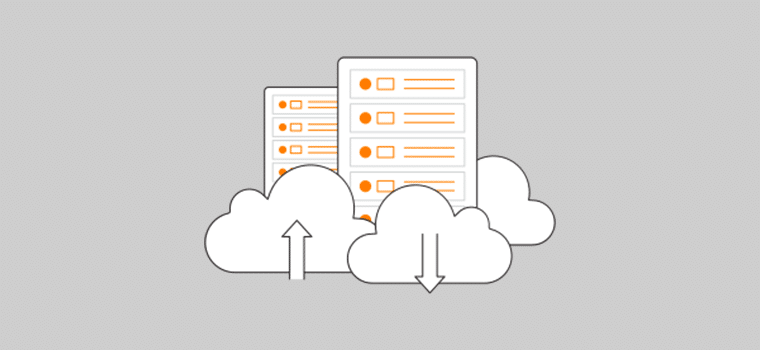
Website builders give hosted solutions. It means you don’t have to look for a hosting service. But you must purchase a web hosting plan for custom websites or sites built on open-source platforms.
Further, there are various kinds of web hosting solutions to choose from. We recommend going with a managed hosting service if you aren’t familiar with technical configurations.
For example, Kinsta starts at $35/mo for managed WordPress hosting service. Other hosting platforms include Nexcess, Cloudways, etc.
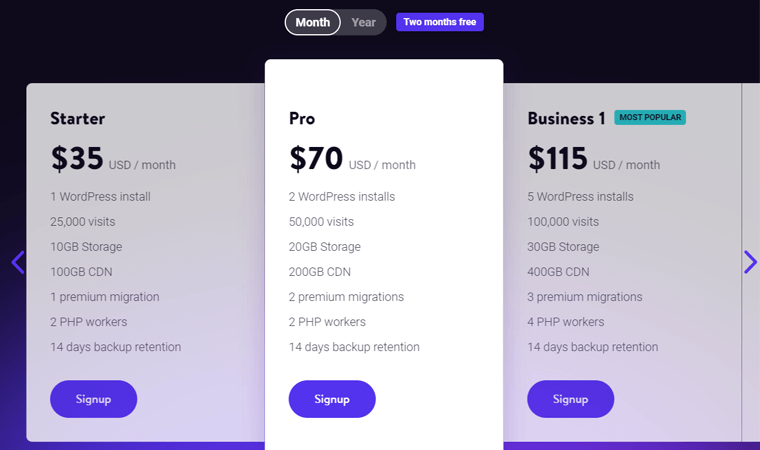
Best of all, some web hosting platforms offer free or cheap domain names. Hence, we suggest you select services like DreamHost or Bluehost. For instance, the starting price of DreamHost shared hosting is $2.59/mo.
SSL Certificate
Apart from domain name and web hosting, you must ensure site security. And adding an SSL (Secure Socket Layer) certificate to your site is crucial.
An SSL certificate is a cryptographic protocol that secures communication across a network. And that’s by encrypting the link between the web server and a browser.
You can know if a site uses an SSL from its URL. If the URL starts with ‘https://’, then the site has SSL certification. But if it starts with ‘http://’ without an ‘s’, then it doesn’t.

Moreover, you can get an SSL certificate through providers like SSL.com, DigiCert.com, etc. Many hosting platforms also offer SSL certificates like Namecheap, GoDaddy, etc. For instance, a single-domain PositiveSSL certificate in Namecheap costs $11/year.
Best of all, some hosting platforms like Bluehost, Cloudways, etc., also give SSL for free. Learn more about them from our list of the best web hosting providers with free SSL.
4. Website Functionality
Other than choosing the website niche, you must also prepare the website’s functionality. And the overall site functionality also varies the total cost.
For example, an online shop has many features. Based on your needs, you can add them. Some eCommerce functions are payment gateway integrations, shipping options, etc.
Hence, the simplicity or complexity of your site functionalities also affects the site cost. Suppose you want to build a simple site with basic landing pages. Then, you can use free plugins or add-ons to add those features.
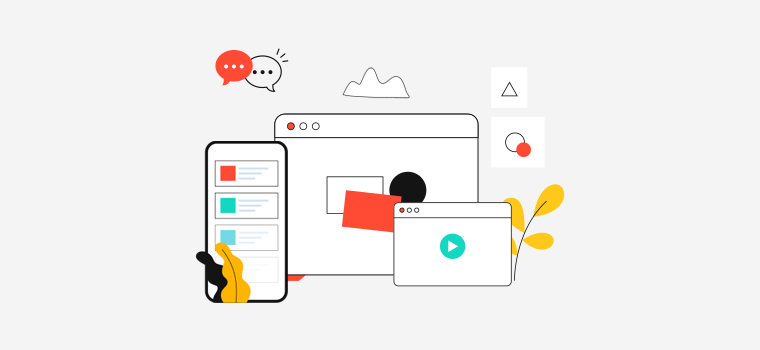
Whereas if you want advanced functionality on your site, then you should use premium plugins or add-ons. With that, you can add features like live chat, memberships, etc.
5. Site Design
After determining the site functionality, you should also consider your new site’s design. And website design is another factor that affects the cost of your site.
Building a simple website design costs much less than that with a complex design. Basically, there are 3 ways to control the design of your website. They are:
- You can design your site from scratch. It’s ideal if you’ve experience in web design.
- Your web designer can do that for you after paying money. This is relatively costly.
- Else, you can use a theme and customize its template to meet your design needs. This is much cheaper than hiring a designer and easier than doing it yourself.
For example, WordPress.org includes a massive theme library. The #1 popular theme in it is Astra. It’s a freemium multipurpose WordPress theme with both free and premium plans to make any site. The starting price of the paid plan is $47/year.
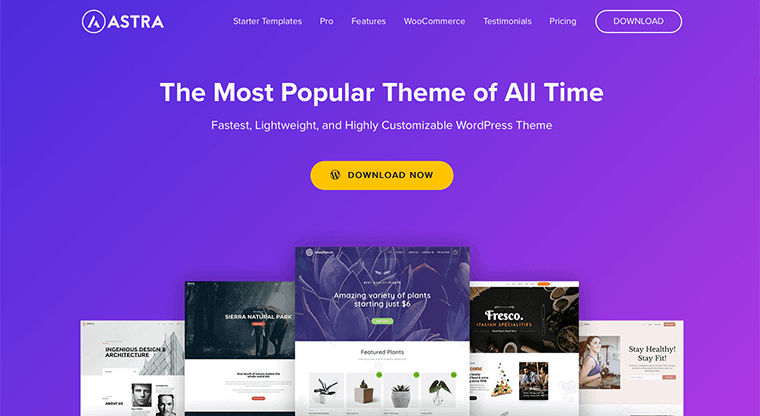
Additionally, site design also includes branding your site as per your business. So, you should make a brand logo for the site matching your business. Depending on the way you do that, there can be an extra cost for branding.
6. SEO and Marketing Needs
Once the above factors are sorted out, you must ready your site content. Website content can be text, posts, and multi-medias like images, videos, and animations. Based on the complex content structure, your website cost may differ.
On top of that, you have to drive traffic to your website. For that, you must apply suitable digital marketing techniques and perform the best SEO (Search Engine Optimization) practices.
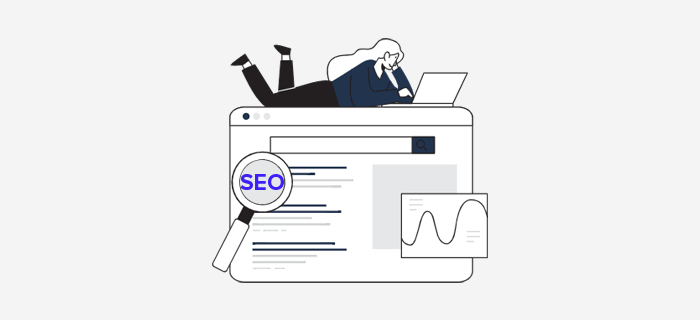
Alternatively, you can hire content writers, marketers, and SEO experts. With that, you get to focus on running your business. However, the cost for your SEO and marketing needs rises based on your complex or multi-channel strategies.
7. Site Maintenance
Once you follow the marketing approaches, it doesn’t end your cost. Your website should also be running smoothly without any interruption.
For that, you must have a site maintenance plan. Some maintenance options you should consider are:
- Updates: Make sure your site and the tools you use are updated repeatedly.
- Backups: You must take and store backups of your site.
- Support: Please take expert support whenever you’re confused or face an issue.
To move forward with your plan, you can use free or premium tools to automate site maintenance. Or you can hire an expert.
Best of all, your chosen platforms can provide you with these maintenance features for your site. But that may or may not cost you extra money, depending on your platform.
How Much Does a Website Cost Based on the Site Building Options (4 Ways)?
To know how much it may cost to create a website, we’ve mentioned 4 contrasting scenarios. And they are according to the different ways of creating websites.
So, read them and select the one that suits your needs. Similarly, learn about the estimated website cost for building your site on your chosen method.
Now, let’s begin!
1. Using the WordPress CMS Platform
WordPress is the #1 Content Management System (CMS) used by more than 43% of sites globally. It comes in 2 forms. They are WordPress.com and WordPress.org.
WordPress.com is a hosted platform to make a site using its hosting resources. In contrast, WordPress.org is free and open-source software that lets you choose your hosting service.
To learn about their differences, check out our blog on WordPress.com vs WordPress.org.
Here, we’re focusing on WordPress.org. This software lets you create any site with utmost ease. Without any prior knowledge, you can use this platform after a bit of learning.
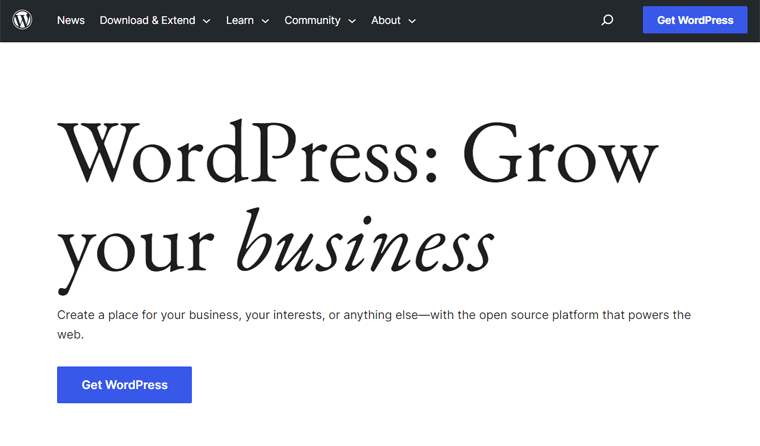
Moreover, you can find several free and premium plugins, themes, add-ons, and integrations with WordPress.org. So, let’s see how much it may cost to make a WordPress website.
Cost Estimation of Using WordPress Site Builder
Depending on your needs, your WordPress site can range from $100 to $3000 per year, and even more. The range isn’t even specific because your website niche, scale, and features directly affect your site’s cost.
In simpler terms, WordPress lets you fine-tune nearly any aspect of your website. So, it all depends on how much money you want to spend on creating the site.
Moreover, WordPress.org lets you start creating your site for free. But you must have a domain name and web host. The price of these services also depends on the domain extension, the type of hosting solution, and the provider you use.

Other than that, the price varies based on the usage of the WordPress plugins, the theme, etc. So, the table below shows the estimated cost of making various WordPress sites.
| WordPress Website | Estimated Cost Range | Features/Components |
| Low-budget website | $46 to $100 per year | – Cheap web hosting – Free domain registration – Free theme – Plugins for marketing, security, and the features you want. |
| A website with more premium features | $500 to $1000 per year | – Web hosting with premium features – Premium theme – Premium plugins for marketing, security, and the features you want. |
| Small business website | $300 to $700 per year | – Affordable web hosting with domain registration service. – Free or paid business theme – Crucial plugins and business tools. |
| eCommerce website | $1000 to $3000 per year | – Web hosting with a domain and an SSL certificate. – WooCommerce and its add-ons – Free or premium eCommerce theme. |
WordPress Hosting Platforms
The best choice is to go for a WordPress hosting plan with a domain registration service. Overall, the following are the recommended hosting platforms.
| WordPress Hosting | Starting Price | Description |
| DreamHost | $4.95/mo billed monthly | Starter plan that offers a free SSL certificate. |
| Nexcess | $19/mo billed monthly | The initial cost of its managed WordPress hosting plan. |
| Cloudways | $12/mo billed monthly | Premium DigitalOcean cloud hosting, including free SSL certificates. |
| Kinsta | $35/mo billed monthly | Starter plan for a managed WordPress hosting service. |
| Bluehost | $2.95/mo billed yearly | The basic plan with free SSL for 1 year. |
Breakdown of WordPress Website Building Cost
If you want a comprehensive look, then here’s a breakdown table of WordPress site building costs based on various factors.
| WordPress Website Needs | Estimated Cost Range |
| Domain Name | $10-$20 per year |
| Web Hosting | $2-$80 per month |
| SSL Certificate | $0-$100 per year |
| Theme | $0-$100 per license |
| Web Design Service | $0-$30 per hour |
| eCommerce Features | $0-$100 or more per month |
| Plugins and Add-ons | $0-$200 per plugin |
| SEO | $0-$100 per month |
| Digital Marketing | $0-$100 per month per service |
| Website Maintenance (Yourself) | $0-$70 per year |
Pros and Cons
Now, let’s learn the pros and cons of WordPress.org.
Pros:
- Ideal for publishing a large amount of content.
- Ability to create any type of website.
- You can choose a web hosting plan according to your needs.
- Contains free features, including WordPress themes, plugins, tools, etc.
- Lets you integrate premium plugins and add-ons for advanced features.
- Includes free and paid SEO and marketing plugins to boost web performance.
Cons:
- Beginners can face a slight learning curve.
- You must take care of the site maintenance and security yourself.
- The WordPress.org team doesn’t give dedicated support.
With that, let’s move to another scenario.
2. Using Other Website Builder Platforms
Other than WordPress.org, many website builders let you simply build your site. And most site builders require you to pay.
However, these site builders have hosted platforms that include hosting infrastructure. So, you won’t have to buy a separate web hosting plan.
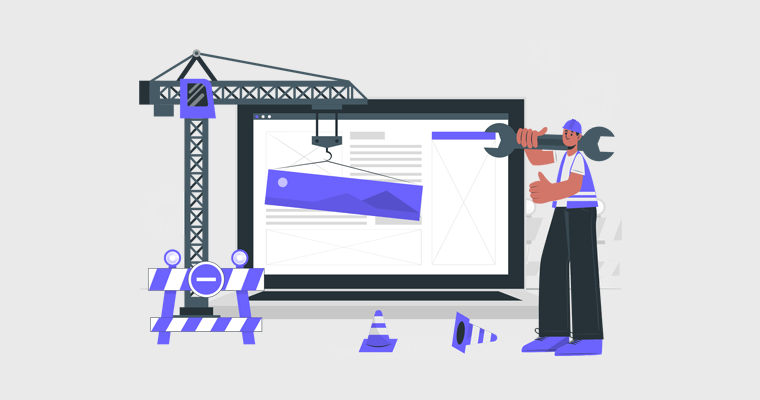
Furthermore, you’ll get templates to design your site. And there are built-in functions to add exclusive features to the site.
Now, let’s learn how much a website can cost with a site builder.
Cost Estimation of Using a Website Builder
The site-building cost of a site builder is $72 to $600 per year. Moreover, it can also exceed $500 per month, if you add a site maintenance service. Plus, the cost can be more if you pay to create a custom website on a site builder.
To be specific, you can use a custom domain after purchasing one from the website builder you use. Or from any domain registrar. While you don’t have to think about the hosting.
Best of all, your site builder will offer you lots of free templates. With the drag-and-drop editor, you can design your site.
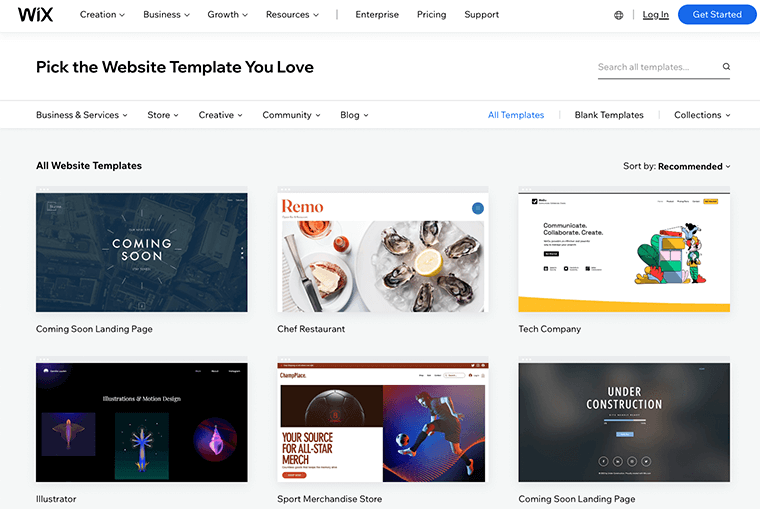
In case you want to build an eCommerce site, then choose an eCommerce plan. You can even find website builders working specifically for eCommerce. For example, Shopify.
Furthermore, you’ve to pay for the premium apps and add-ons you’d like to use. Else most integrations and features can be built-in.
Best of all, the website maintenance cost is added to your plan itself.
Breakdown of Website Building Cost
For a clear view of the website cost when using a site builder, go through the table below. It shows the breakdown of the cost into all the major site components.
| Website Needs | Estimated Cost Range |
| Monthly Subscription | $6-$50 per month |
| Apps | $0-$20 per month |
| Domain Name | $10-$20 per year |
| Digital Marketing | $0-$100 per month per service |
| ThemeHostingeCommerce FeaturesMaintenance Options | All these features are included in your subscription for free. |
To learn more, check out the list below. It includes information about the best website builders and their starting costs.
List of Website Builders and Their Starting Costs
These are the best website builders you can find in the market. Learn in brief about them and know their starting cost to get started.
1. WordPress.com
WordPress.com is a fully-hosted website builder for making your WordPress site directly when you sign up for an account. As it already has the WordPress platform installed on your dashboard. So, you can use the block editor to quickly customize the pages of your website.
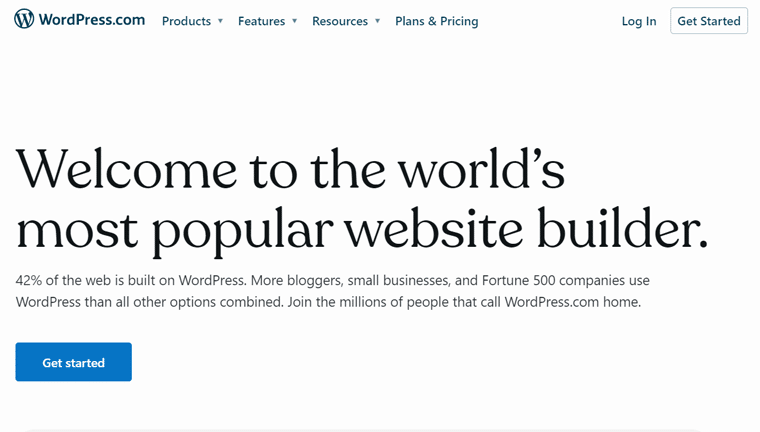
Pricing: There’s a free plan on WordPress.com, but it contains limited features. This means you’ll get a subdomain like ‘example.wordpress.com’. For a custom domain and more features, the starting price of its premium plan is SGD 5/mo billed yearly.
2. Wix
Wix is an easy-to-use and flexible site builder. It contains the drag-and-drop functionality to create any kind of website. Additionally, you can find various themes and template options you need for your website functionality. But you can’t change your template once chosen.
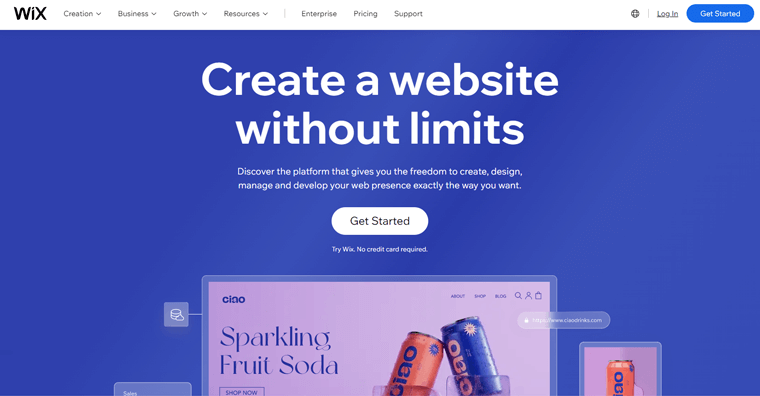
Pricing: Wix is a premium website builder with a 14-day trial, present on all plans. Its starting cost is $4.5/mo for general website plans. While that for business or eCommerce plans is $17/mo.
If you’re in a dilemma between Wix and WordPress, then here’s our full guide.
3. Shopify
Do you want an eCommerce website builder for your online shop? Then, select Shopify. This platform contains a bunch of themes, apps, and integrations for your unique online store. Further, you can sell your product online and in-store.

Pricing: Shopify is another paid site builder with a 3-day free option. If you choose Shopify, then the starting cost is $29/mo. Plus, it adds transaction fees when using any external payment gateway.
Learn details about this platform from our complete guide on Shopify and how it works.
4. Blogger
The next platform on this list is Blogger, the ideal blog site builder. This software contains multiple easy-to-use templates having flexible layouts and background image options. Ultimately, your website will look attractive and fit your personal taste.

Pricing: Blogger is a freemium website builder. The free software gives around 15 GB of space. But more storage requires payment. For more features and a custom domain, the initial cost of the premium plan is about $15/year.
Learn the differences between WordPress.com vs Blogger from this comparison article.
5. Squarespace
Another feature-rich website builder you can use is Squarespace. It contains several web designs that meet various personal and professional needs. Moreover, you can find multiple tools to improve blogging and website SEO.
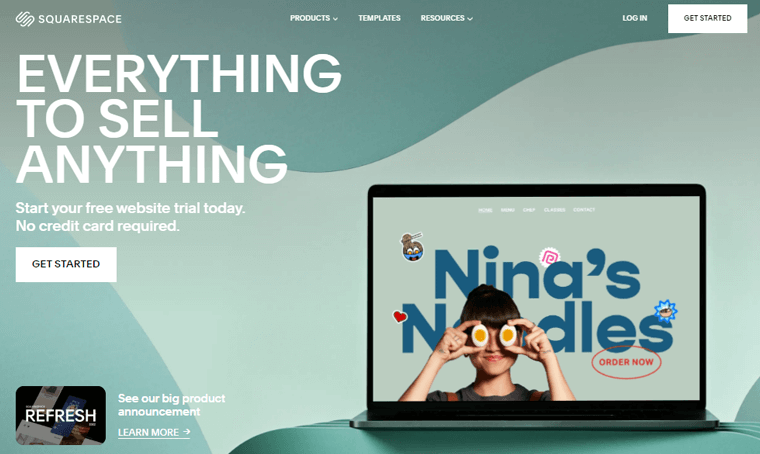
Pricing: Squarespace is a premium site builder with a 14-day free trial. And the initial price of its basic plan is around $12/mo.
Check the side-by-side comparison between Squarespace vs WordPress from this guide.
Pros and Cons
When you use a website builder, you’ll get the following pros and cons.
Pros:
- Best for websites with a limited budget.
- Includes customizable templates to match your brand.
- Ideal for beginners who want a simple way to build a website.
- Provides various apps and integrations to extend the site functionality.
- Offers hosting services. Also, you may get a domain registration solution.
Cons:
- Some website builders don’t let you switch your site template once chosen.
- You may have to pay hidden costs or transaction fees.
- Using many tools and features may hamper your site’s speed and performance.
Now, let’s dive into the next case.
3. Hiring a Freelance Web Developer or Web Development Agency
Instead of creating a website yourself, you can hire a freelance web developer or a web development agency. However, this is the most costly way to create a site.
A freelance web developer is an independent professional working on a contractual basis or for themselves. They can build a unique and custom website for you.

Moreover, a web designer is responsive to create the look and feel of the website. In contrast, a web developer codes that design into a functional site. Some professionals execute both disciplines. But most of them specialize in one field.
Similarly, a web development agency can create large and complex websites with complete customization. And the agency can include various professionals working in their respective fields. It’s ideal if you want a website quickly.
Cost Estimation of Hiring a Web Developer
On average, hiring a freelance web developer costs $15-$120 per hour. And a custom website can amount to about $1000 to $30,000 based on various factors.
However, the cost estimation also varies on other factors than we learned before. They are:
- The location, country, and region you hired a web developer from. A web developer from New York will surely cost you more than somewhere like India.
- Also, it depends on who you’re working with. Developers can be of various experiences and ask for their own cost expectations.
- Plus, the platform and way your web developer uses for your site also change the cost. Web developers using website builders like WordPress cost you less than others.
Here’s a table showing how much web developers take to make WordPress sites.
| WordPress Website | Estimated Cost Range |
| A simple website with a low-budget | $1000-$1500 |
| A small business website | $2000-$3000 |
| A website with more premium features | $6000-$10000 |
| eCommerce website | $10000-$30000 |
Cost Estimation of Hiring a Web Agency
Similarly, the cost estimation of hiring web agencies also varies on the factors like freelance web developers. Usually, it costs $1500 to $40000 or way more.
Note that there are various kinds of web agencies. Some agencies can help you create your site from the start. While others focus on customizing, marketing, supporting, growing, or all of these for your site.

For a better idea, we contacted an emerging web agency specializing in WordPress. So, let’s look at the conversation we had with them.
Ans: We offer online WordPress website maintenance, support, and customization services. Moreover, we have an expert team that provides dedicated service to:
- Update the client’s WordPress core, themes, and plugins.
- Migrate your site to your preferred hosting platform. Also, move the staging site to live and vice versa.
- Provide weekly reports to improve the SEO and visibility of your website.
- Add or remove your website features. Plus, we can customize your site as you want.
- Take a backup of your site on both the local server and the cloud server weekly or monthly. We can also restore the backup if you want.
- Use automated tools to monitor your website for uptime service.
- Give email support to your clients.
- Integrate complex plugins for your fully-functional website.
Ans: We charge our clients based on the plan they choose among our price options. Our pricing plans are according to the time duration we work on their project. For a better understanding, let’s learn the pricing plans we offer:
- Yearly: $35/hour, working 40 hours/month each year on development. Includes free consultation, urgent tasks within 24 hours, custom theme development, etc.
- Monthly: Costs $40/hour, working 40 hours of development, and the Yearly features.
- Hourly: Costs $50/hour, one hour of development, and all the Monthly features.
- One Time: $80/hour, one hour of development, one-time payment, and all features.
Pros and Cons
Now, look at the pros and cons when hiring a developer or agency.
Pros:
- Your fully-functional website will be professional and reflect your brand the best.
- You don’t have to focus on making a site. Instead, focus on growing your business.
- Time and again, you’ll receive expert advice on strengthening your site features.
- You won’t require any technical knowledge.
Cons:
- Comparatively, it’s an expensive way of creating websites.
- If you aren’t satisfied, then you may have to provide several changes to the site.
- The amount of money and time duration for a complete site is uncertain.
4. Coding Yourself
Last but not least. You can also build your website on your own by coding. However, this scenario is suitable for web developers, specifically those who have skills and experience in making a website.
Hence, if you’re confident that you can fully set up your site from scratch, then go ahead. But before starting, you must design and plan your site and its content.
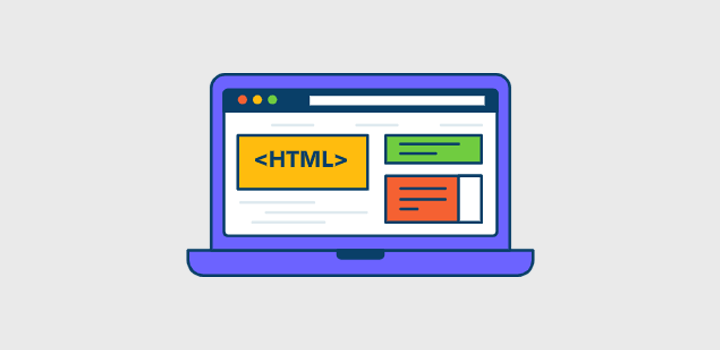
Next, you should choose suitable web programming languages and software.
Popular Web Programming Languages
To help you out, here are some of the popular web programming languages to use.
| Web Programming Language | Description |
| HTML (HyperText Markup Language) | A standard language to structure web pages and their content. |
| CSS (Cascading Style Sheets) | It’s used with HTML to style your pages. |
| JavaScript | This includes several libraries to build both the front-end and back-end of websites. |
| Python | It builds back-end and web applications. And suits for complex sites. |
| PHP (HyperText Preprocessor) | A back-end programming language ideal for dynamic websites. |
Other web programming languages include .NET, Angular, etc. And all of these programming languages can be used on multiple software to develop a website.
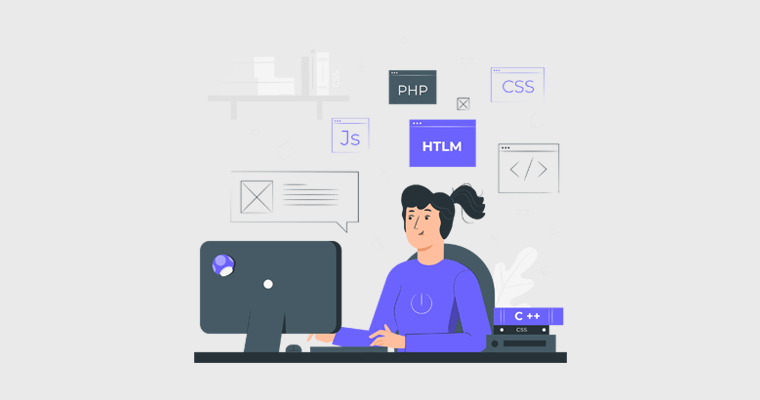
Moreover, if you don’t know how to program like an expert, then you can first learn. But this adds up more time and effort to complete the site.
Cost Estimation When Coding
Suppose you’re a web developer and code your website using the preferred programming languages. Now, all you need to do is get the website essentials. That mostly includes a web hosting service and a domain name.
Apart from them, you may want to add marketing/SEO features plus website maintenance.
Overall, the general price of your website when coding becomes $30 to $200 per year, depending on your web hosting solution. With marketing and site maintenance features, the price can go up to $700 per year.
However, we believe you can manage your hosting infrastructure as an expert.
Pros and Cons
Here we provide the pros and cons of coding your website from scratch.
Pros:
- Gives full freedom to have a website with the design and function you want.
- Lets you completely test and revise your site before going live.
Cons:
- Takes the most amount of time to build your website.
- Ideal for expert web developers only. So, it has a steep learning curve for the public.
- To solve errors, you may have to undergo many tests and revisions.
This ends our different scenarios for building websites with contrasting cost estimations. Keep reading if you want to lower your expenses.
How to Save Money on Website Development?
When you look at a simple website, you may think the cost of making that site isn’t much. But the actual cost can be up to thousands of dollars.
Most of that money is spent on the agency for building the site. While the process also includes editing, proofing, testing, and whatnot.
However, there’s a hope to reduce the website cost. And here, we’re looking at those techniques that’ll help you save money on website development. So, let’s go!
1. Complete Research and Planning
Take your time to research different websites and their cost. Then, carefully choose your niche and many other site requirements. Accordingly, formulate the plan and execute it to complete the project.

On top of that, don’t choose low-cost products. It may look attractive initially but may lead to future issues, adding more expenses. So, choose quality products and services, prioritizing long-term investments.
And even if you’re taking the help of experts, it doesn’t mean they have to do all the work. You can always be a part of your site development. Hence, you can build your site content, choose the media, help to design web pages and test them out.
2. Optimized Content Creation
Every page and content you build takes time and money. So, when you plan the site structure, consider having a sufficient number of pages.
In addition, the content on the pages should also be optimized. Because images and other multimedia take up huge space, increasing the cost. Also, it hampers the user experience.
Thus, you must use optimization tools and plugins to reduce the file size without affecting the quality. Some helpful image optimization tools are TinyJPG, TinyPNG, etc.
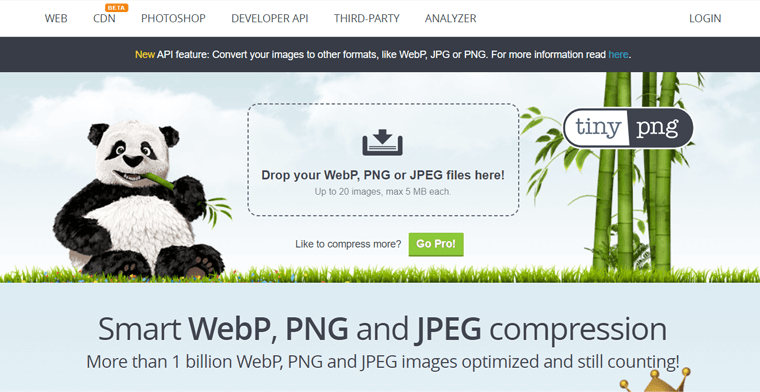
Most of all, you can use free images from various stock websites. Ultimately, it cuts the cost of your site creation.
3. Easy-to-Use Website Builders
You should avoid hiring a professional unless it’s necessary. If you face any problem, then try to troubleshoot it yourself. You can always find tutorials to help you resolve them. Also, you can contact your product provider instead.
Moreover, the best way to build your site is by using an easy-to-use website builder. It’s ideal for websites with a limited budget. Moreover, a site builder includes all the features right on your account. That includes templates, apps, integrations, hosting, etc.
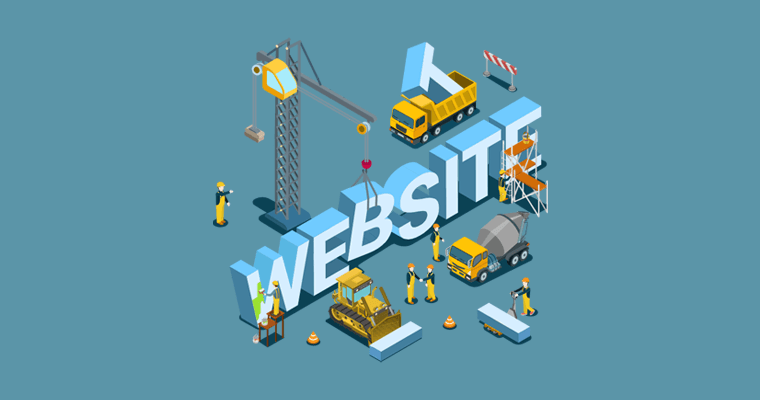
Further, if you want to build an online store, then choose an eCommerce builder. With that, you can focus on adding crucial functionality to your shop.
4. Using Website Templates
When you’re using a website builder, you already get access to various free templates. These templates are fully-customizable to personalize and match your brand.
Hence, you can make hiring web designers for your site the last option. You can find an affordable premium theme even if you want a highly professional site design. That’s way more cost-effective than hiring a professional.
5. Choosing an Open-Source Platform
Among the various kinds of site builders, we recommend using an open-source platform. But why? Here are the reasons for that:
- It’s mostly free to get started with your site.
- You can add any feature you want. Hence, you can use the only tools you need.
- Lets you create any kind of website that can be with multiple functionalities.
- Freedom to integrate with any third-party service.
- Ability to choose your hosting service.
- Includes several updates that lead to security and fixing of issues.
That’s why, we suggest using the #1 open-source platform worldwide, WordPress.org.
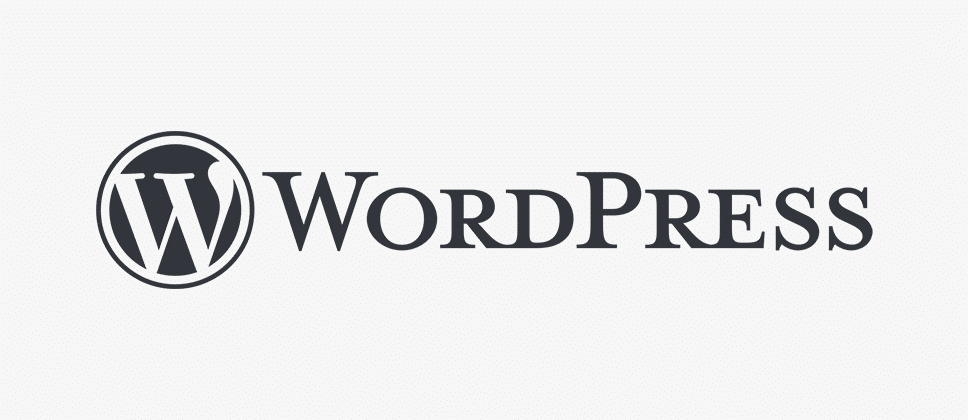
If you got a common query, then read the most frequently asked questions and their answers below. Hope it solves your confusion!
Frequently Asked Questions (FAQs) on Website Cost
1. How much does a website cost on average?
The website cost depends on the way you build it. The different ways and their prices are:
– Websites built from WordPress.org website builder costs $100 to $3000 per year.
– That for a site builder is $72 to $600 per year.
– Hiring a freelancer or agency costs you more than $12000 per year.
– Coding yourself is $30 to $200 per year.
These prices don’t include the website maintenance service cost you may take.
2. Can I create a website for free?
Yes, you can create a site for free. But you’ll have to use free software plans, including hosting, theme, tools, plugins, etc. Some platforms offering free plans are WordPress.com, Freehostia, etc.
3. How long does it take to build a website?
The time it takes to build a site depends on your site niche, features, size, and other factors. Hence, it can take you from a few hours, days, weeks, to even months. Here’s a guide to help you more.
4. How do I choose the best website-building way for my needs?
There are 4 ways to build a website, and each one suits various needs. They are:
– WordPress.org is ideal for those who want to control their features, hosting, etc.
– Website builders are for beginners who want to prepare their site in no time.
– Hiring freelancers and agencies is for big projects without the worry of high cost.
– Lastly, coding is best suitable for web developers.
5. How much does it cost to maintain a website?
You can use web maintenance plugins with your website builder for $0-$70 per year. But if you hire a web maintenance service provider, then the price can be $50-$300 per month.
Conclusion
And that’s a wrap! We mentioned how much a website can cost in this ultimate guide. That too when using different ways of building a website.
The estimated cost of creating a website depends on various factors. And we came up with all those crucial factors. So, we can have a rough idea of how much your website will cost based on your website requirements. But they are enough for you to get started.
Further, we gave you a list of methods to save money when building a website. So, we hope you follow them.
If there are more questions on your mind, then post them down. We’ll try to resolve them.
In addition, you can go through our other guides. They are the best WordPress calculator plugins for cost estimation and the best membership site ideas that make money.
Last but not least. Follow us on Facebook and Twitter to find more intriguing articles.
